ISP PlusNet Trials Controversial IPv4 Address Sharing as IPv6 Alternative
UK ISP PlusNet has quietly announced a controversial plan to conduct a 3 week trial of IPv4 address sharing (Carrier Grade NAT). But sharing a single IP address between several customers, often as a means of delaying IPv6 adoption, carries with it more than a few problems.
Fixed line broadband ISPs typically assign a unique Internet Protocol (IP) address to your internet connection each time you go online, which enables you to communicate with other websites and online services. Sadly existing IPv4 addresses are running out and as a result ISPs only have a limited supply left, which will eventually leave them unable to add new connections unless they adopt its replacement, IPv6, or share some of their remaining IPv4 addresses.
Most ISPs are expected to solve this by adopting a dual-stack setup, which allows both old IPv4 and new IPv6 addresses to work alongside each other (otherwise neither standard is directly compatible with the other). But it could be years before IPv6 becomes the norm and in the meantime IPv4 addresses will still be needed.
Matt Taylor, Plusnet Support, said:
“As many people will probably know there’s a finite number of IP addresses in the world and there aren’t many left. In order to ensure that people have access to the Internet during the transition to the new world of IPv6 ISPs like ourselves are looking at options including Carrier Grade NAT. Even if the world switched on IPv6 today there would still be people and applications that don’t work under IPv6, some games consoles for example. As such everyone will still need an IPv4 address for the foreseeable future.
Carrier Grade NAT (CGNAT) is similar to the NAT that people use on their home routers. The NAT on your home router lets all the devices on your network (PCs, tablets, phones, consoles etc.) share one IP address. What CGNAT does is take that a step further and has several customers sharing one IP address. For most people they will never notice, most mobile operators already use CGNAT and so most applications will just work. The main problem is where you are hosting services on your broadband connection like hosting a website or hosting games (the kind of thing for which you set up port forwarding on your router).”
It’s certainly true that Mobile Broadband operators have used IPv4 address sharing solutions for many years, yet mobile providers are also notorious for being very restrictive and that’s often in stark contrast to the otherwise flexible nature of fixed line internet connectivity.
The problems with sharing a single IP among several users are quite numerous. For example, you might find it difficult to access some online games or services if another person is already using the same service via your IP. Similarly if an individual with your IP is banned from sending email or accessing a particular website then you too would be affected. Likewise if somebody downloaded child abuse pictures on your IP.. you get the idea.
On top of that customers would have difficulty when attempting to host their own FTP, website or game servers and port forwarding may not work properly either. The list goes on. Suffice to say that IP address sharing is a minefield of security, performance and connectivity concerns.
Matt Taylor added:
“We’re just about to test and evaluate a CGNAT system to see if it’s suitable and see what kind of applications and services work and don’t work, as such we’d like a bit of help from people to try out and see. We’re doing testing internally too but with so many devices, applications, games, VPNs, etc. we’ll never test everything. With some help we’ll try and get as much as we can.”
It’s interesting to note that PlusNet’s parent, BT, currently has a sizeable pool of spare IPv4 addresses and so we’d be surprised if they adopted address sharing anytime soon. At the same time some ISPs may consider address sharing to be a necessary evil, at least until the world goes completely IPv6 (we’re still a long way off that happening), which could in the future turn IPv4 supporting connections into a premium service. Hopefully most ISPs will be better prepared than that and should have enough IPv4s’ to last a few more years but nothing is certain.
PlusNet’s trial is expected to get underway towards the end of January 2013 and will last for three weeks; thanks to the BE Usergroup for pointing this development out. Any readers wishing to get a bit more background on the problem of IPv4 depletion and IPv6 adoption should check out our recent article on the subject – Big UK ISPs Respond to IPv6 Readiness Fears.
Mark is a professional technology writer, IT consultant and computer engineer from Dorset (England), he also founded ISPreview in 1999 and enjoys analysing the latest telecoms and broadband developments. Find me on X (Twitter), Mastodon, Facebook and Linkedin.
« Wales Commits £39m to Improve School Broadband Connectivity
Latest UK ISP News
- FTTP (5533)
- BT (3518)
- Politics (2542)
- Openreach (2299)
- Business (2267)
- Building Digital UK (2247)
- FTTC (2045)
- Mobile Broadband (1978)
- Statistics (1790)
- 4G (1669)
- Virgin Media (1621)
- Ofcom Regulation (1466)
- Fibre Optic (1396)
- Wireless Internet (1392)
- FTTH (1382)


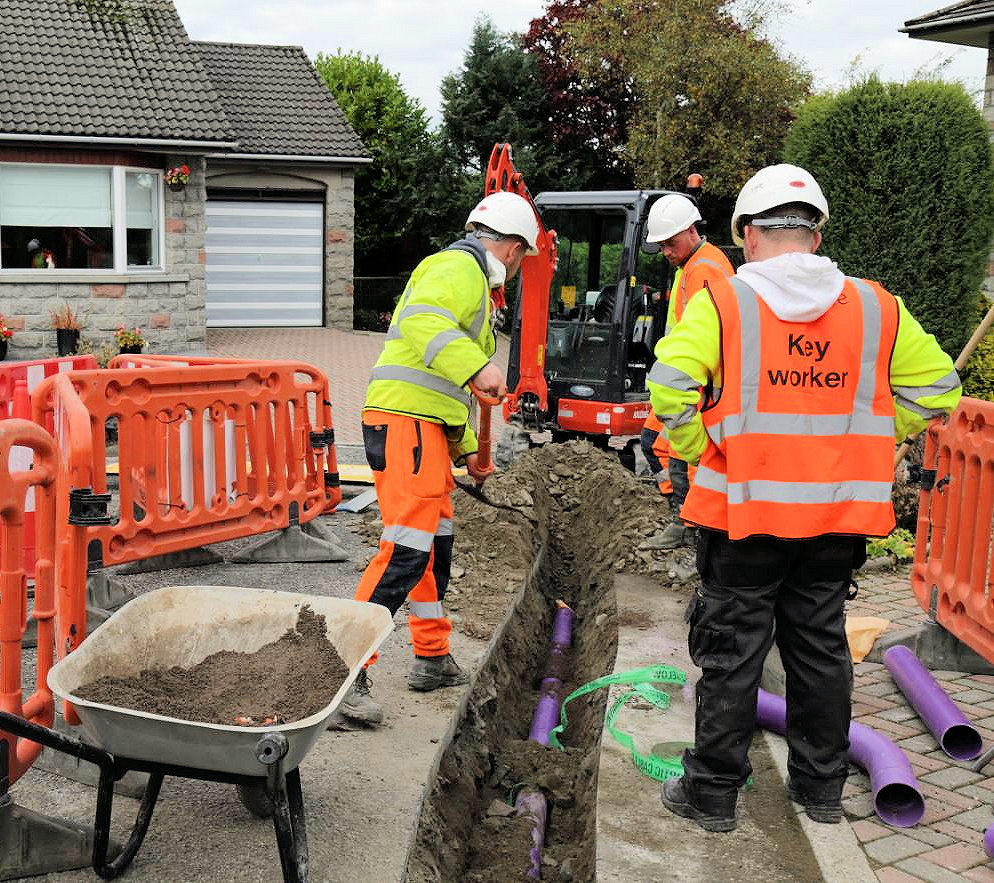

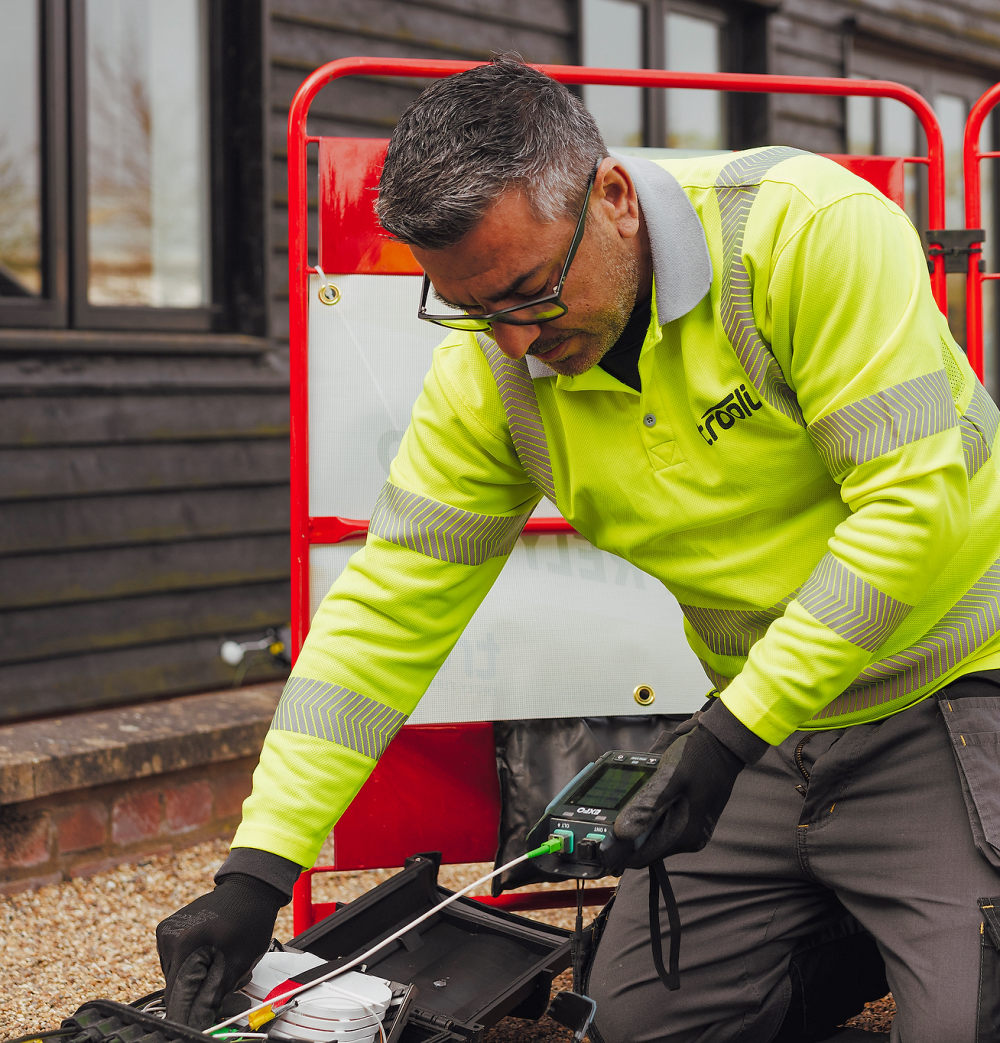
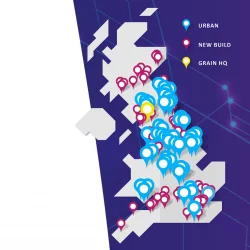













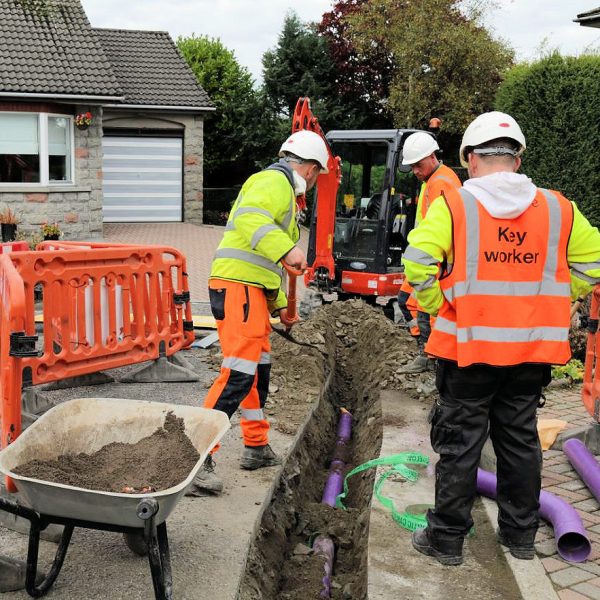

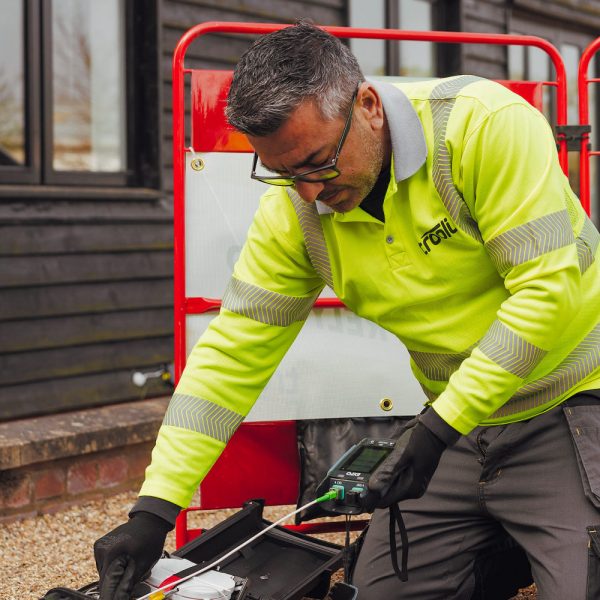


































Comments are closed